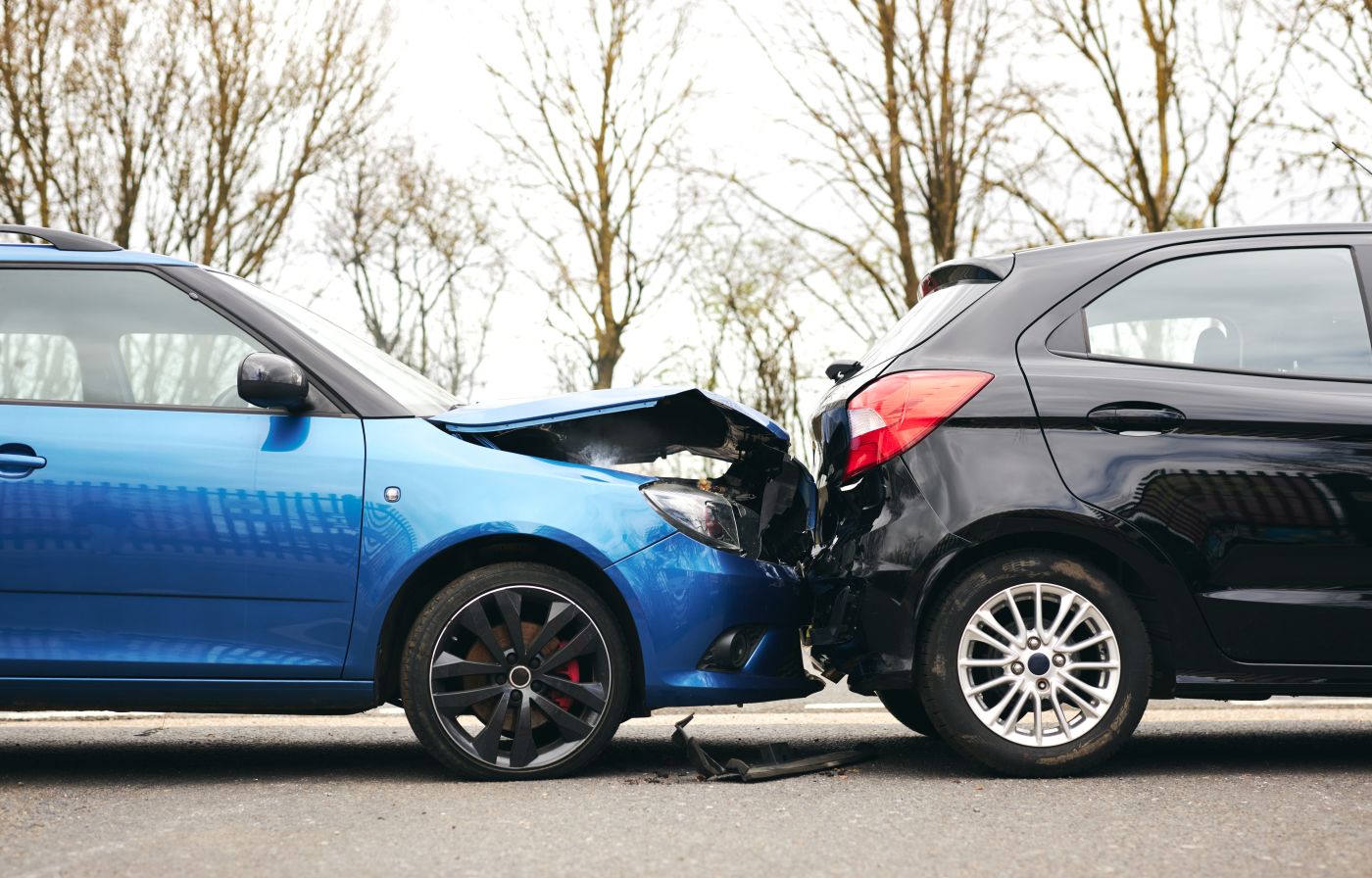
What To Do After Being Rear-Ended
Being rear-ended in a car accident can be a frightening experience, often leaving victims confused about the next steps to take. Knowing what to do immediately after the incident can significantly impact your recovery and potential legal claims to pursue compensation.
Our team at Whit A. Thomas, Attorney at Law understands that rear-end collisions can have a serious impact on someone's mental and physical health. We have the resources, knowledge, and compassion to guide you on the right path toward seeking compensation. Schedule a free consultation at our Foley, Alabama, office today to learn more.
Physical and Emotional Damages Tied to a Rear-End Collision
The aftermath of a rear-end collision can lead to a myriad of physical injuries, ranging from whiplash and concussions to more severe conditions like spinal injuries or fractures. These injuries can result in chronic pain, limited mobility, and prolonged medical treatments, significantly affecting an individual’s daily life.
In addition to physical injuries, victims often face emotional and psychological challenges. The trauma from the accident can lead to anxiety, depression, and post-traumatic stress disorder (PTSD). The unpredictability of their recovery process may further exacerbate these feelings, influencing their ability to return to work or engage in social activities.
At Whit A. Thomas, Attorney at Law, we recognize the complexity of these damages and are dedicated to helping you seek the compensation you deserve for both your physical and emotional suffering.
Immediate Actions to Take
After the accident, it’s crucial to prioritize your safety and well-being. Here are some steps you should take right away:
Check for injuries: Assess yourself and any passengers for injuries. If anyone is injured, call 911 immediately for medical assistance.
Move to a safe location: If the vehicle is drivable and it’s safe to do so, move your car to the side of the road to prevent further accidents.
Call the police: Regardless of the accident's severity, it’s essential to have a police report documenting the incident. This report can be crucial if you pursue a claim later.
Gather Information
Collecting relevant information at the scene can aid in your personal injury claim. This includes:
Driver details: Record the name, contact information, insurance company, and policy number of the other driver involved.
Witness statements: If there are witnesses, gather their contact information and ask if they would be willing to provide a statement regarding the accident.
Photographic evidence: Take photos of the accident scene, vehicle damages, license plates, and road conditions. This can serve as valuable evidence in your case.
Seek Medical Attention
Even if you do not feel injured immediately, seeking medical attention is crucial. Some injuries may not become apparent until hours or days after the accident. Consider the following:
Visit a healthcare provider: Ensure you undergo a thorough examination to rule out hidden injuries, such as whiplash or concussions.
Document medical visits: Keep records of all medical treatments, including bills, diagnoses, and care plans, as they will be essential for any insurance claims or legal actions.
Notify Your Insurance Company
Inform your insurance provider about the accident as soon as possible. When doing so:
Be honest: Provide accurate and truthful information about the accident and any damages incurred.
Document everything: Keep a record of any conversations with your insurance company and follow up on your claim status.
Consult with a Legal Professional
Navigating the aftermath of a rear-end collision can be complicated, especially when dealing with insurance companies and potential claims. Here’s why enlisting legal support is beneficial:
Evaluate your case: An attorney can assess the specifics of your accident and determine whether you have a valid claim for compensation.
Negotiate with insurers: Experienced legal counsel can negotiate with the insurance companies on your behalf, aiming for a fair settlement that covers your medical expenses, lost wages, and pain and suffering.
File a lawsuit if necessary: If negotiations fail, an attorney can help you initiate legal proceedings to pursue the compensation you deserve.
Understand Your Rights
Familiarizing yourself with your legal rights following a rear-end collision can empower you in the recovery process. Key points include:
Liability laws: In many cases, the driver who rear-ends another vehicle is usually considered at fault. However, exceptions may apply if the lead driver engages in reckless behavior.
Compensation benefits: You may be entitled to compensation for medical bills, property damage, lost wages, and other damages resulting from the accident.
Trusted Legal Representation
Experiencing a rear-end collision can be overwhelming, but knowing what steps to take can help streamline the process. From gathering information to consulting a legal professional, each action you take plays a crucial role in your recovery and pursuit of compensation. If you have been involved in a rear-end accident, contact Whit A. Thomas, Attorney at Law, for a free consultation to discuss your rights and options.